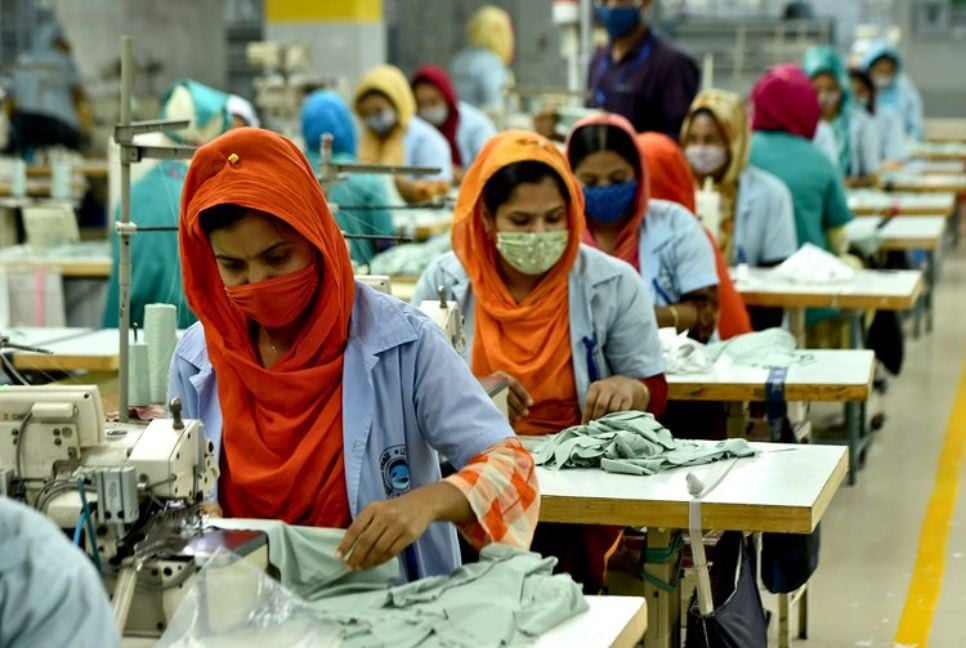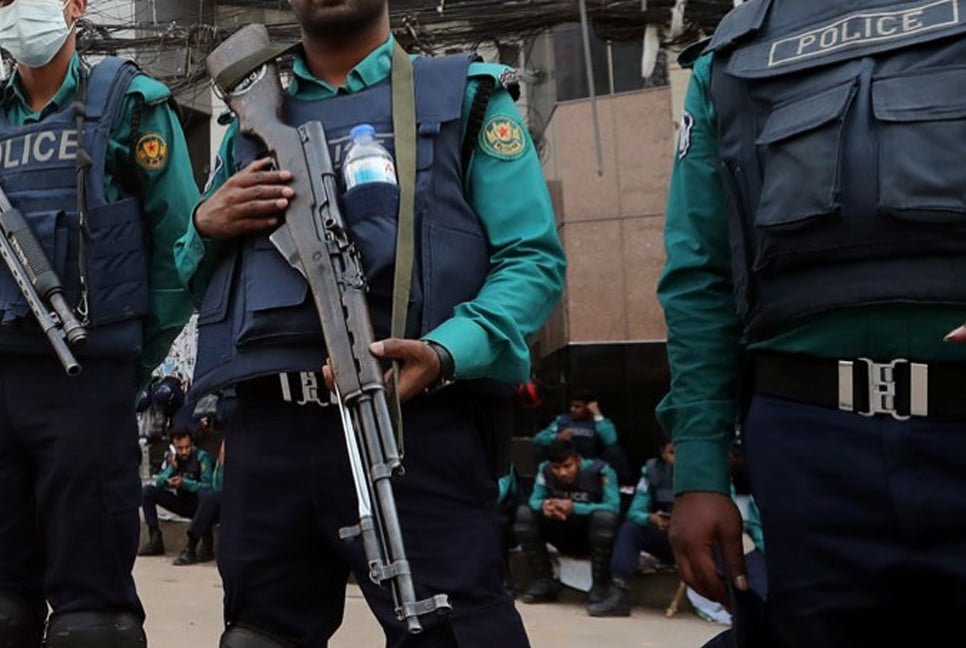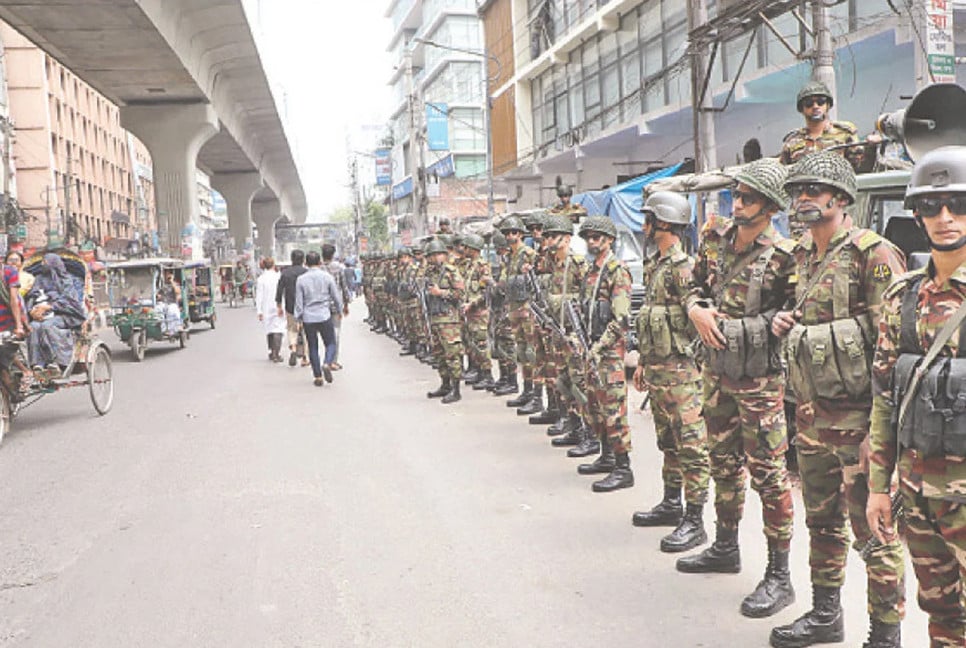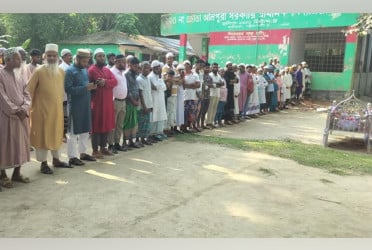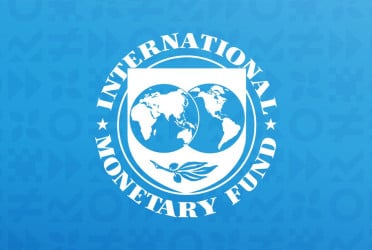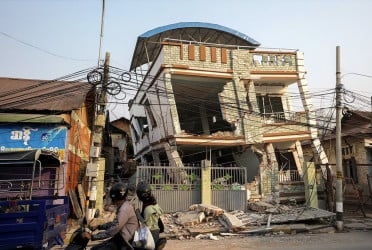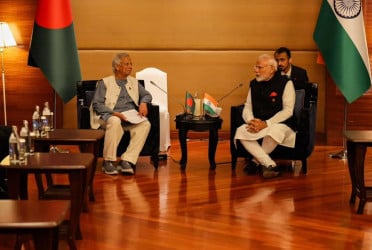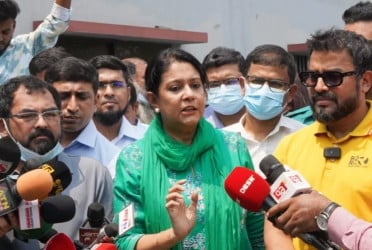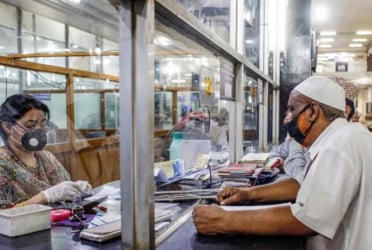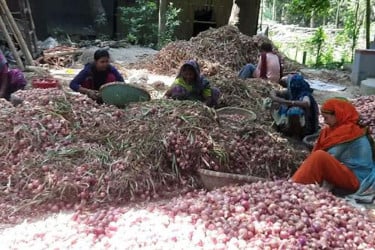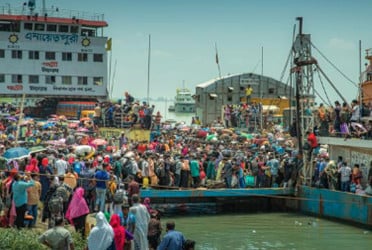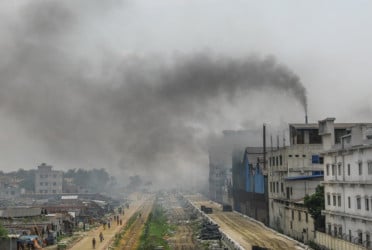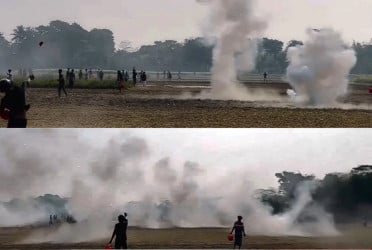The garment sector, which played a key role in driving Bangladesh into large-scale exports, is now facing multiple crises. At least 76 garment factories have closed in the past year, and over a hundred others are on the brink of closure.
Industry insiders attribute the closures to various challenges, including decreasing prices for garments in international markets which led the factory owners to face financial losses. Consequently, many garment factories are shutting down their operations. This has had a significant impact on the labour market, with over 50,000 workers, mostly women, losing their jobs in the past year. There are chances of more factory closures in this circumstance.
SM Fazlul Haque, former president of the Bangladesh Garment Manufacturers and Exporters Association (BGMEA), stated, "The country's garment sector is struggling. Except for a few factories, no one is making a profit. The more the machines run, the more the debts escalate. If this continues, more factories will go out of business soon."
He mentioned that the garment sector was adversely affected when internet services were halted in the country during the July-August revolution, and turbulence ensued among workers following the fall of the Awami League government.
Other issues, such as high interest rates on bank loans, the depreciation of the taka against the dollar, rising import costs for raw materials, shortages of gas, a rise in the GATT tariff, and instabilities in electricity supply, have also worsened the situation, he noted.
Moreover, major buyer countries have reduced their garment prices. Over the past year, European Union buyers have cut the price of Bangladeshi garments by 5 percent, and US buyers have reduced prices by 8 percent. Overall, export orders dropped by 3 percent last year which put garment factory owners in a bind.
Despite these challenges, Bangladesh's garment sector exported $38.48 billion worth of goods in 2024, with knitwear products playing a major role. Knitwear exports totalled $20.52 billion, while woven products brought in $17.95 billion, according to the source.
According to BGMEA data, there are 2,564 factories under its purview and over 600 factories in eight export processing zones. In 2024, 76 factories affiliated with BGMEA closed down.
Haque emphasized the need for a stable government to support industrial growth, stating, "A stable government is essential for the development of the country’s industries. A new government is needed to tackle the crisis in the industrial sector."
Translated & edited by Fariha Nowshin Chinika

